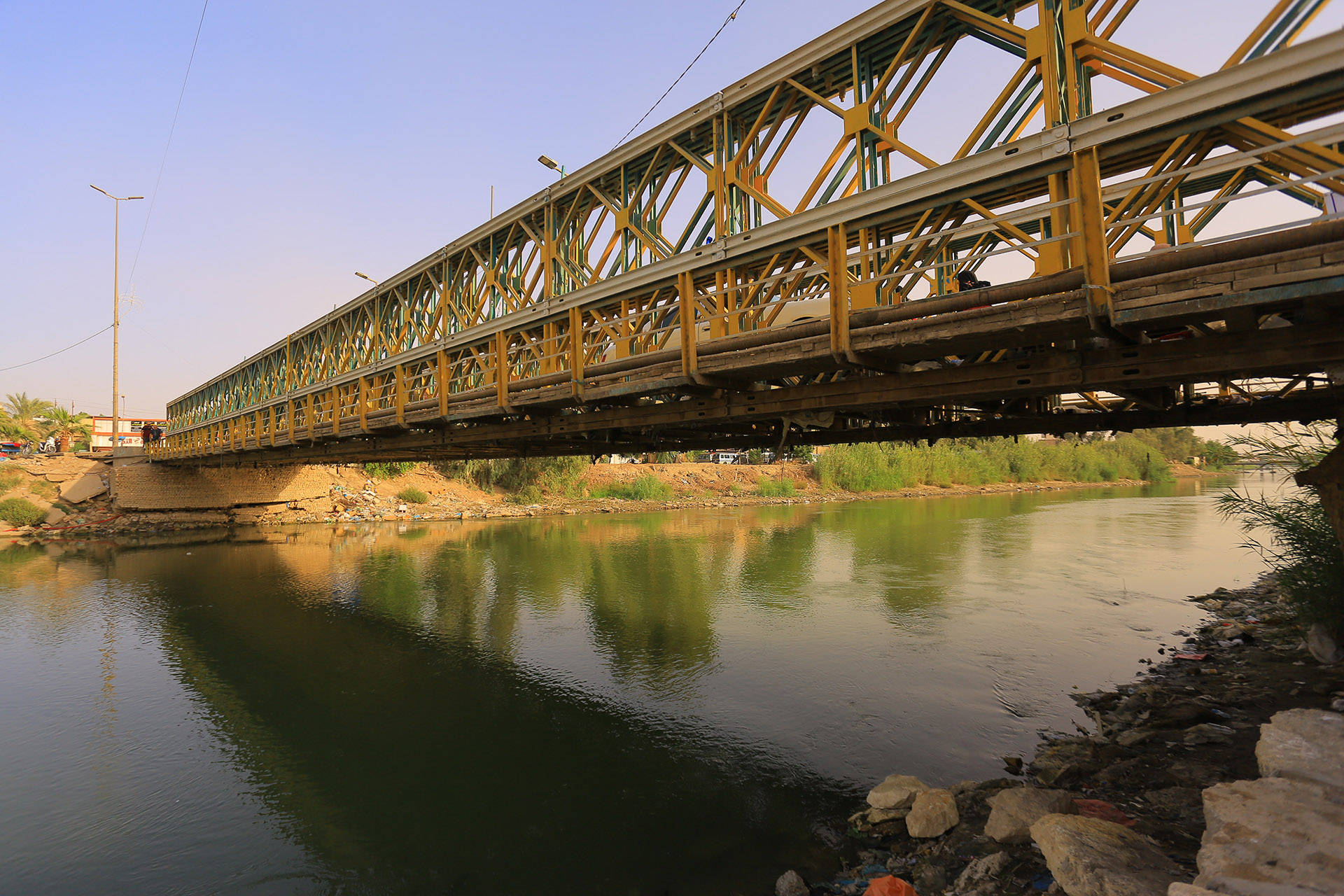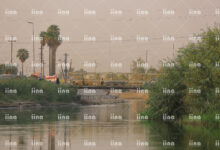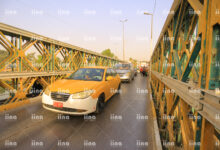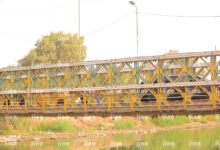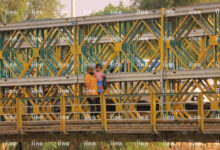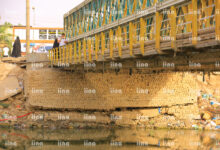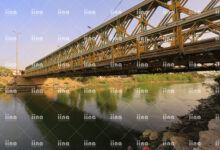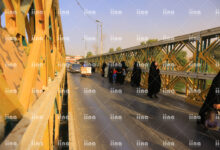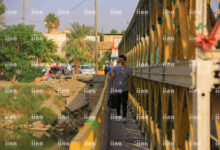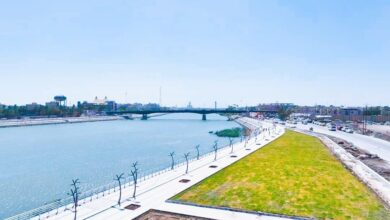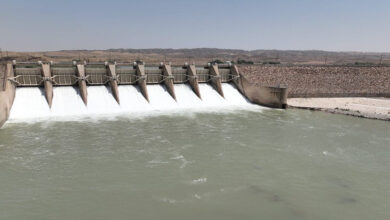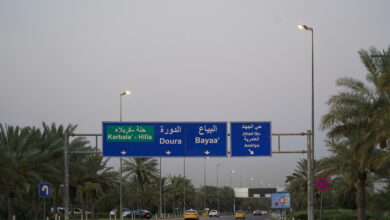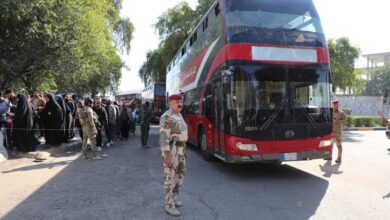Historic bridges dating back as far as 1937 risk collapse after years of neglect from authorities and lack of investment in key infrastructure, despite their strategic importance for transport, both civil and commercial. Al-Rafidain and Bailiya bridges are among the most famous bridges in Iraq and were built using wood by the British military in 1937. These bridges were then reconstructed and converted into iron bridges in 1940, and are still intact and located in the north of the Babil Governorate, 60 km south of the capital, Baghdad. Hajj Sami Al-Ali, a local citizen, explains that the bridges were rented from the Iraqi Government Directorate of Public Works and passersby wishing to cross the bridges had to pay a fee. He mentions the reason why the fee was later annulled is due to a farmer that would carry cattle on his shoulders in order to avoid paying the fee. The bridges are located by a small street that locals describe as something that resembles the streets of London in its cleanliness, history and abundance of flowers.
The street is covered with palm trees hosting a central garden with various types of roses and fountains. In the middle of the garden, there is a statue of the late King Faisal II decorated in attractive colors. The bridges have become an important transportation point for citizens to and from the other regions, as well as the movement of goods. However, these bridges are now facing great challenges, including the lack of maintenance to maintain them. Ahmed al-Jubouri, a member of the media committee of the Supreme Crisis Cell in Babylon, says that the Rafidain Bridge needs rehabilitation. This comes after an engineering team inspected and submitted a report to the governor of Babylon, which included important points for maintenance and preservation.
The Department of Roads and Bridges in Babylon has expressed concern regarding these bridges and has attributed the lack of maintenance to insufficient funding from the central government in Baghdad. The director of the department, Hussein Khudair, said in a statement, “Many bridges located on rivers are deteriorating, as well as some roads, due to the lack of financial allocations needed for such maintenance operations to be carried out”. He added that “the revenues that go to the Traffic Directorate, which are collected from citizens’ fees and taxes, have so far reached about 8 billion dinars,” stressing that “55 percent of them should have been allocated for the maintenance of roads and bridges, but this money goes to the federal budget and we have not benefited from it at all.”
- Date Published: 22 October, 2022
- Reference Number: BAN271022
- City: Babylon
- Country: Iraq
- Category: Heritage

